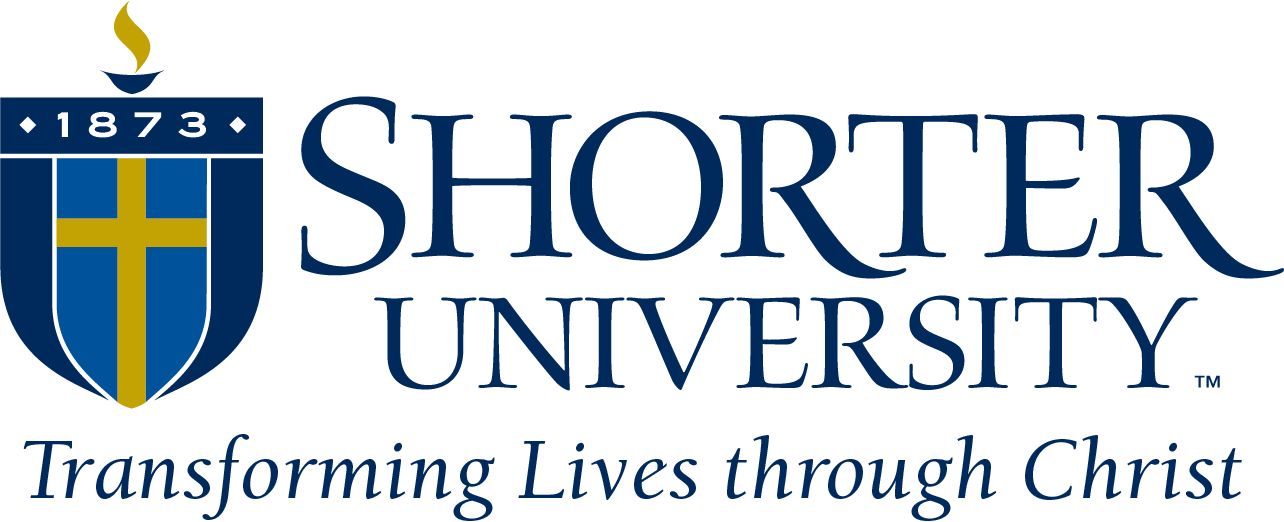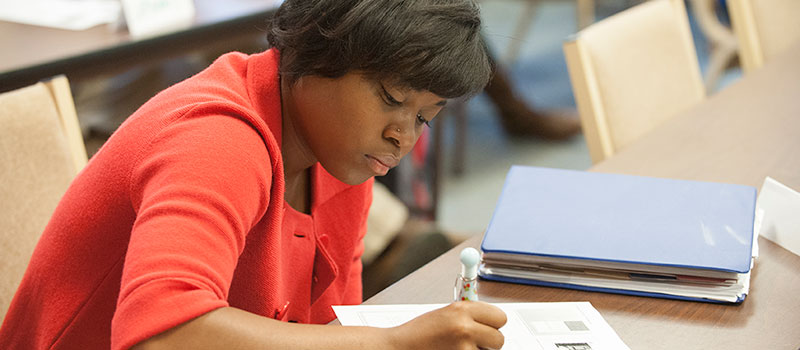Conceptual Framework Goals and Objectives
GOAL I. Teacher candidates will demonstrate subject matter knowledge appropriate to their grade levels and specializations.
Teacher candidates will:
1. demonstrate current knowledge of subject and theories of the discipline,
2. know and utilize diverse viewpoints and perspectives of experts in their field,
3. integrate knowledge across academic disciplines,
4. demonstrate skills required to practice the discipline effectively,
5. use appropriate, available technology for the academic subject, and
6. use the following elements of the learning process to master the discipline content: motivation, understanding, contextualizing, reflection, critical thinking, social interaction, performance.
GOAL II. Teacher candidates will acquire and demonstrate pedagogical knowledge appropriate to their grade levels and specializations.
Teacher candidates will:
1. demonstrate knowledge of instructional strategies, activities, and educational theories for the disciplines taught,
2. implement curricula using their understanding of the learning process: motivation, understanding, contextualizing, reflection, critical thinking, social interaction, performance,
3. develop assessments that consider the developmental stage and needs of the learner,
4. utilize assessment data to determine learning objectives, make instructional decisions, and revise curricula, and
5. employ a variety of technologies in their teaching.
GOAL III. Teacher candidates will address the psychological, social, and cultural needs of learners.
Teacher candidates will:
1. diagnose learner needs with appropriate assessments,
2. promote self-confidence in learners,
3. encourage cooperation among learners,
4. demonstrate multicultural and global awareness,
5. use community resources,
6. involve parents or guardians,
7. maintain a physical environment conducive to learning, and
8. plan and practice effective classroom management skills.
GOAL IV. Teacher candidates will demonstrate professionalism.
Teacher candidates will:
1. establish respectful relationships,
2. work collaboratively,
3. display professional demeanor and appearance,
4. base decisions and performance on high moral and ethical standards,
5. develop a teaching philosophy that reflects the ethics of the profession,
6. evaluate their own professional growth through reflection and synthesis of data from multiple sources,
7. demonstrate professional growth, and
8. value life-long learning.
The teacher candidate who completes the Teacher Preparation Program at Shorter University will be prepared to enter the teaching profession with all of the skills, understanding, knowledge, attitudes, and ethics necessary to be a successful teacher. Through various program experiences, the student will be able to build an understanding of what a successful teacher does. The student also will develop a life-long desire to increase competence as an educator. The teacher candidate who completes the program will be ready for more formal study at the graduate level or less formal improvement based upon reflection and self-study. Along with continuing personal development as a professional, the teacher should be a leader in the continuous process of making schools better for all children.
The experiences in the Teacher Preparation Program at Shorter University include a thorough study of the principles of development, the principles of learning and motivation, and content in the discipline(s). Also included in the program are field work experiences culminating in student teaching. Field work allows the teacher candidate to discover and acquire the craft knowledge of master teachers. The ability of the Teacher Preparation Program to provide such outstanding opportunities for teacher candidates is the result of successful, long-term collaboration with local school systems by the faculty members. Combining the wisdom of experience of these qualified and diverse faculty, with their emphasis on recent research, modern theory, and proficiency in the use of technology, Shorter’s Teacher Preparation Program prepares the teacher for life-long learning and professional development.
Equally important is the development of professional ethics. Shorter University’s commitment to a liberal arts education from a Christian perspective for all students provides the basis for the development of a teacher’s professional ethics. Central to professional ethics is the belief that all children can learn and that the teacher’s primary responsibility is to facilitate and guide this process. All children include, of course, children of all ethnic, racial, religious, economic, and social backgrounds. Diversity within the Shorter faculty and student body and in the public schools provides students with the opportunity to develop respect. From this basis and from knowledge of professional standards as taught in the program, teacher candidates can develop the professional commitments and dispositions that will enable them to be advocates for children.


